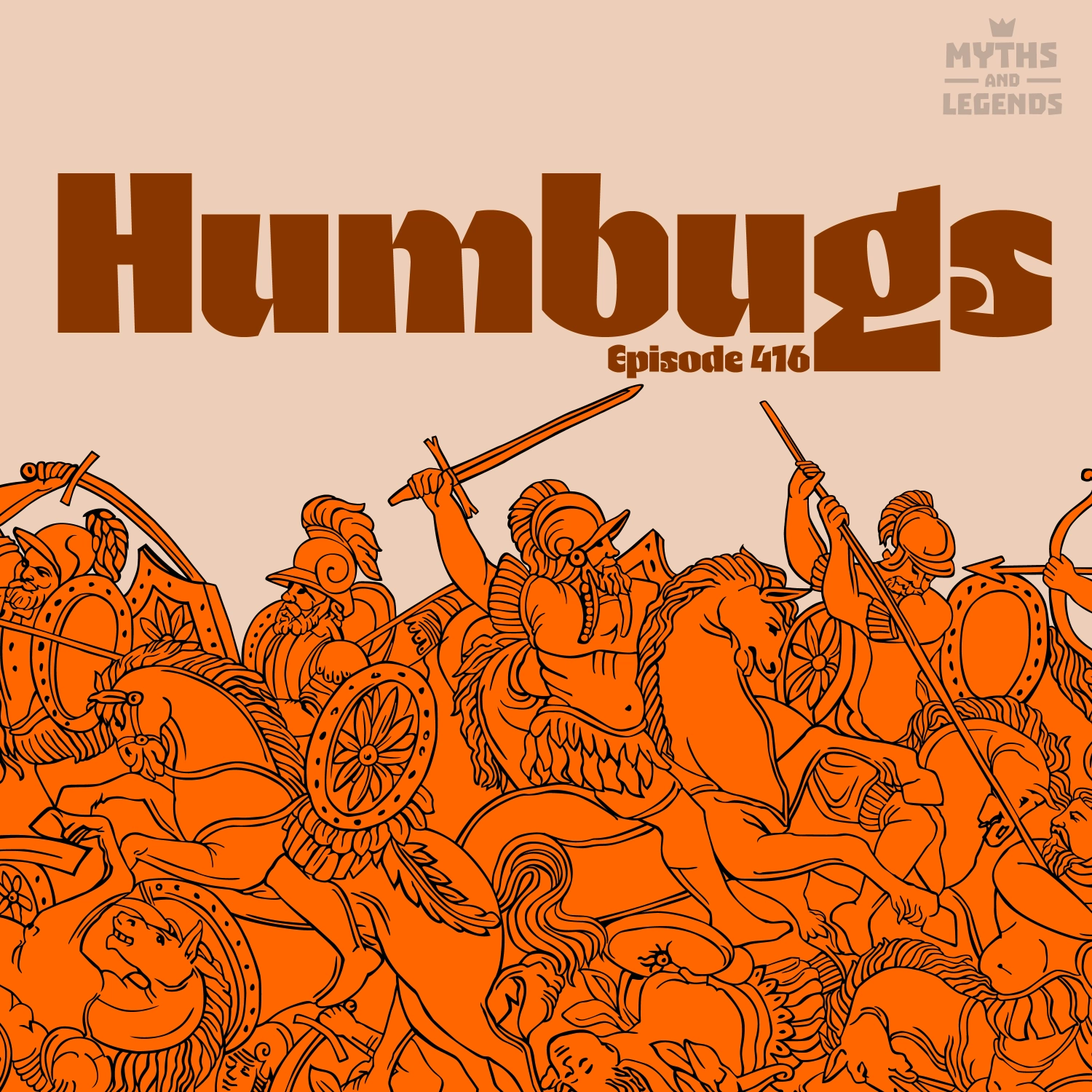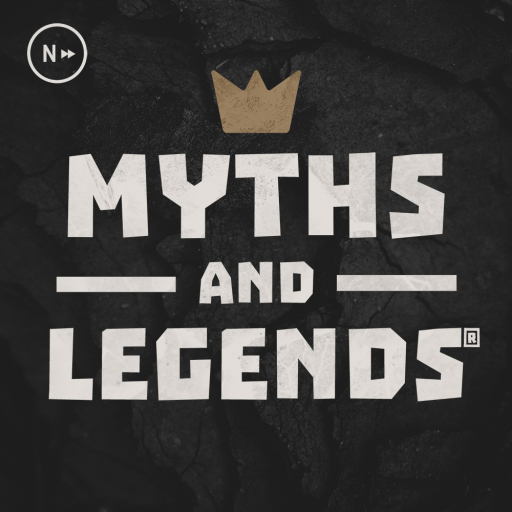PROTECT YOUR DNA WITH QUANTUM TECHNOLOGY
Orgo-Life the new way to the future Advertising by AdpathwayIn academic circles, historians continue to be positioned as truth-seekers. This grants them immense power in determining what is true and what is false. This has huge implications on our understanding of the past, which influences our understanding of the present, which shapes our future.
It was in the 19th century that European historians were the first to tell the world that Buddha and Ashoka were South Asian historical figures: the first lived two centuries before Alexander’s invasion of South Asia, and the second came a century later. Today, in the 21st century, historians reluctantly accept that Gautama Buddha is a mythological figure, the last of a line of Buddhas, herald of future Buddhas, and that very little of what we know about Ashoka is historical (from his own proclamations) and most of what we know about Ashoka is mythology (from Buddhist lore composed in Sri Lanka over 500 years after his death).
Historians are not scientists. Social science is not pure science. Their outputs are theories and arguments. They are not verifiable natural laws that can be used to predict the future. Behaviour of kings, priests, merchants cannot be equated with behaviour of plants, animals, minerals and planets. Human behaviour is shaped by belief. Belief is not measurable, so outside the scope of science.
Historians who refer to myth as ‘fiction’ do a great disservice to humanity. It reveals their inability to separate faith from different types of fiction: parables, propaganda, and fantasy. Some historians go to the extent of viewing mythological explanations as whitewashing by court poets. A few historians, in recent times, do acknowledge the role of myth in history, and use words like ‘imaginary’ and ‘ideology’. They avoid using the word ‘myth’ as it offends many people.
Christians do not like to be told that the myth of the son of ‘one true god’ is what motivated Roman emperors to wipe out pagan shrines 1,700 years ago around the Mediterranean. Muslims do not like to be told that the myth of the final prophet of ‘one true god’ is what motivated Arabs to challenge the might of the Roman and Persian empires and create an empire of their own from Spain to Sindh, 1,300 years ago. Hindus do not like to be told that the myth of Shiva and Vishnu helped establish Mandala kingdoms of charismatic leaders in the river valleys of South and Southeast Asia, 1,000 years ago. Buddhists don’t like to be told that myth of the Buddha inspired merchants to fund Buddhist artworks and monasteries along trade routes across India and China.
Removal of myths strips a culture of its humanity. Humanity means being kind and generous and empathetic, behaviour unseen in animals and plants. Humanity also means constructing borders and hierarchies that do not exist in nature. Myths are essentially organising principles of the human imagination. They are transmitted through stories, symbols and rituals over generations. Their integrity is maintained by calling them ‘sacred’. They bind people together. Every cultural group has its own myth. Every myth creates an identity. When you challenge myth, you challenge identity. Without identity, we are not human.
India saw the rise of many myths, each with a different organising principle. Those that were documented by Brahmins in Sanskrit were referred to as itihasa-purana. They were also referred to as ‘sanatana dharma’, eternal timeless truths, for two reasons. They were seen as timeless. They were also based on rebirth. Rebirth is the hallmark of Indian myths, elaborated by Hindus, Buddhists and Jains, missing in Judaism, Christianity, Islam as well as original myths of China and Japan. This shapes Indian culture very differently. But historians never speak about this. To earn secular stripes, they need to prove Hindu kings were as ambitious and greedy as Muslim kings. All cultures and religions have to be equally vile.
Unlike monotheistic myths, rebirth myths do not have the concept of ‘false gods’. This idea of false gods shapes the myth of modern history departments. Academia is, as a result, highly combative. It is all about showing other historians as wrong. The other worships the false god. They alone worship the one true god. This explains the tension between the Left- and the Right-leaning historians, the need to invalidate the other by calling them fascist, the secular equivalent of the mythic term ‘evil’. History is seen as the Old Testament that will enable politicians and activists to write the New Testament.
Today, historians are upset as politicians have taken over history departments. Court-poets have been called in to change textbooks, challenge ideas that seem to be funded by unpatriotic forces. When history as a subject was invented, it was used to glorify the march of civilisation. It was a colonial enterprise. After the two world wars, after being accused of Orientalism, historians shifted gears. They now write about oppressors and oppression. They seem disinterested in glorifying the past. They refuse to serve the pharaoh. They always serve the prophet in the pursuit of liberty. And in doing so, they deny the myth they themselves occupy, that justifies their borders and hierarchies, and grants them identity.























 English (US) ·
English (US) ·  French (CA) ·
French (CA) ·